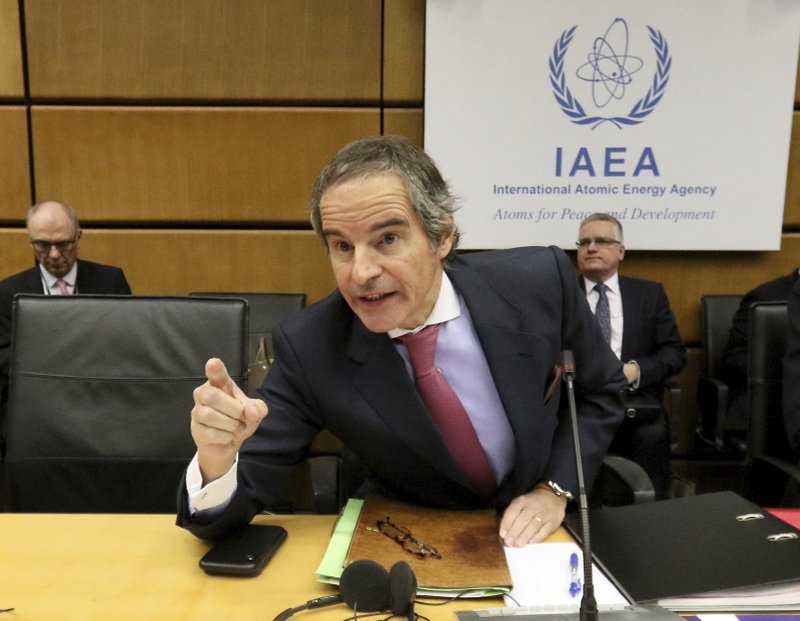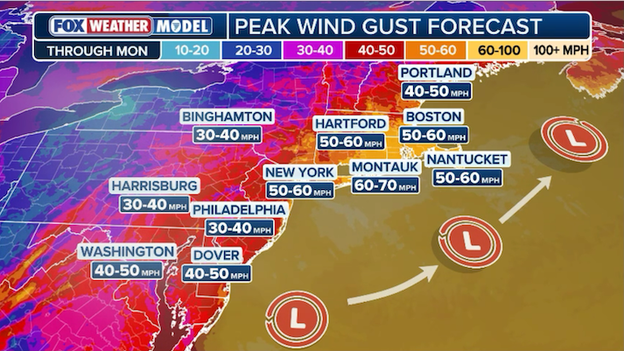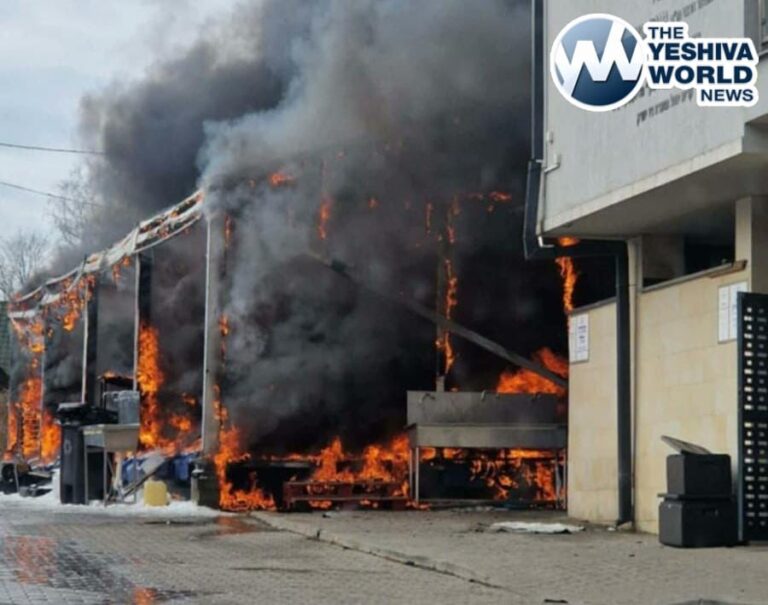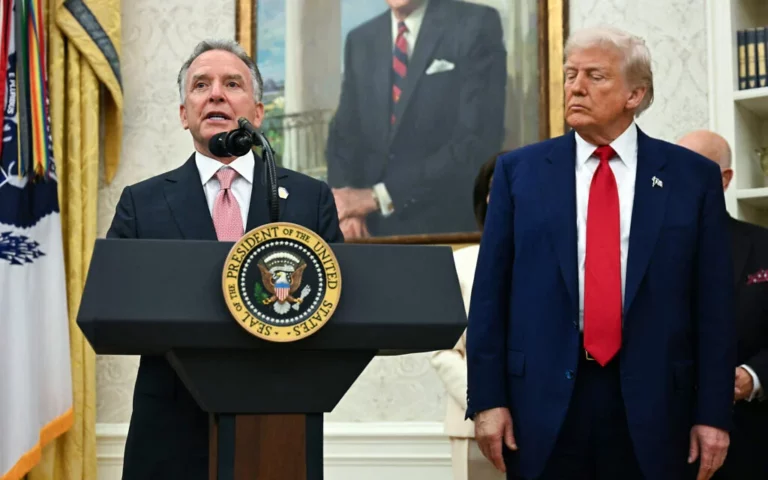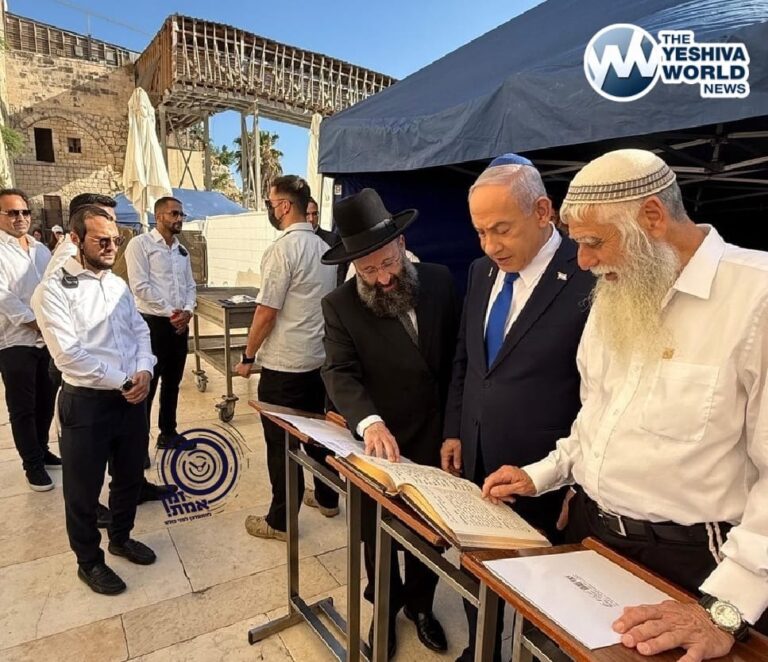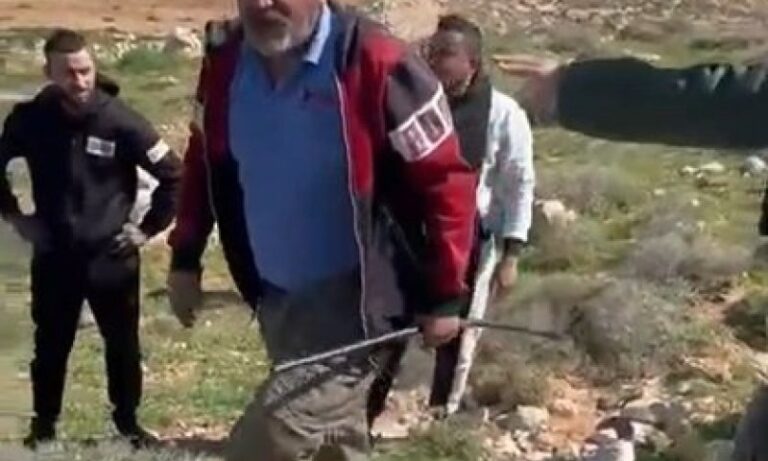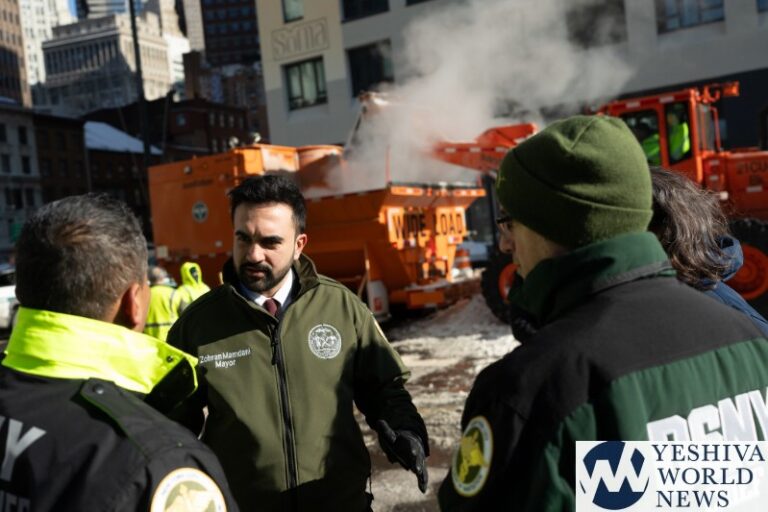Iran continues to provide international inspectors access to its active nuclear facilities, even after its announcement it was no longer bound by “any restrictions” of the landmark 2015 deal with world powers designed to prevent the country from producing a nuclear weapon, the head of the U.N.’s atomic watchdog agency said Monday.
Rafael Grossi, director general of the International Atomic Energy Agency, also told board members in Vienna that since Tehran’s Jan. 5 announcement it appears that Iran hasn’t escalated its violations of the nuclear pact, known as the Joint Comprehensive Plan of Action.
“The agency has not observed any changes to Iran’s implementation of its nuclear-related commitments under the JCPOA in connection with this announcement, or in the level of cooperation by Iran in relation to agency verification and monitoring activities under the JCPOA,” Grossi said in prepared remarks.
In recent months, Iran has violated all main provisions of the pact, increasing its stockpiles of enriched uranium and heavy water past its limits, adding prohibited centrifuges, and enriching uranium past the purity allowed.
Last week, the agency said in a report to member nations that its inspectors had confirmed that Iran had nearly tripled its stockpile of enriched uranium since November in violation of the nuclear deal.
The stockpile of 1,020.9 kilograms (1.1 tons) of low-enriched uranium puts Iran within reach of the amount needed to produce a nuclear weapon, which it insists it doesn’t want to do. Prior to the nuclear deal, in 2013, Iran’s stockpile of enriched uranium was already more than 7,000 kilograms (7.72 tons) with higher enrichment, but it didn’t pursue a bomb.
The JCPOA, signed by Iran with the U.S., Germany, France, Britain, China and Russia, allows a stockpile of only 202.8 kilograms of low-enriched uranium.
The JCPOA promised Iran economic incentives in return for the curbs on its nuclear program, but since President Donald Trump pulled the U.S. out of the deal unilaterally in 2018 and imposed new sanctions, the country’s economy has been struggling.
Its violations of the pact are intended to pressure the other nations involved to increase economic incentives to make up for the American sanctions. So far, attempts by the other members of the JCPOA have fallen short of Iran’s demands.
In a separate report to members last week, the IAEA said it had identified three locations in Iran where the country possibly stored undeclared nuclear material or undertook nuclear-related activities without declaring it to international observers.
The activities at those locations are believed to have dated from the early 2000s, before the nuclear deal, and Iran responded to the report by suggesting that the IAEA had no legal basis to inspect those sites.
In his speech to the board members, Grossi called on “Iran to cooperate immediately and fully with the agency, including by providing prompt access to the locations specified by the agency.”
“The agency has identified a number of questions related to possible undeclared nuclear material and nuclear-related activities at three locations that have not been declared by Iran,” Grossi said, according to his prepared remarks. “The agency sought access to two of the locations. Iran has not provided access to these locations and has not engaged in substantive discussions to clarify the agency’s questions.”
Grossi said later Monday that the denied access “is a serious matter” and “it’s not something I can put on the shelf.”
“I hope in the next few days or hours we’ll be able to unblock the current situation,” he said at a news conference. “The consequence I expect is to get access.”
(AP)

